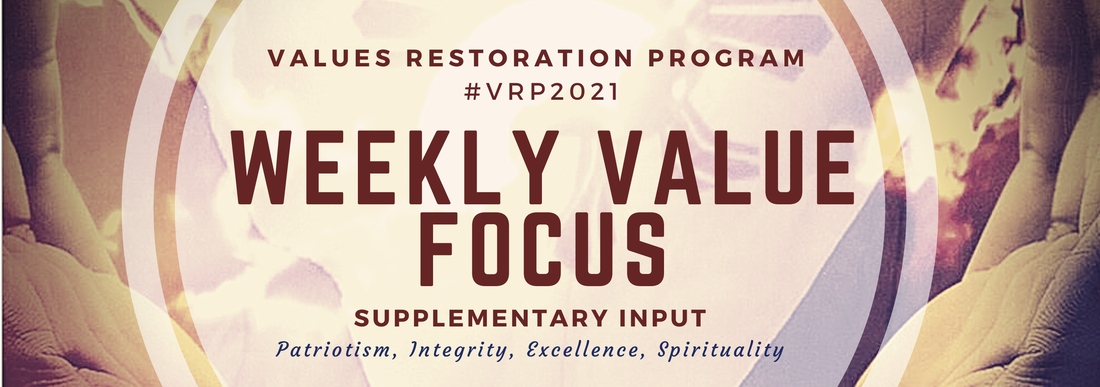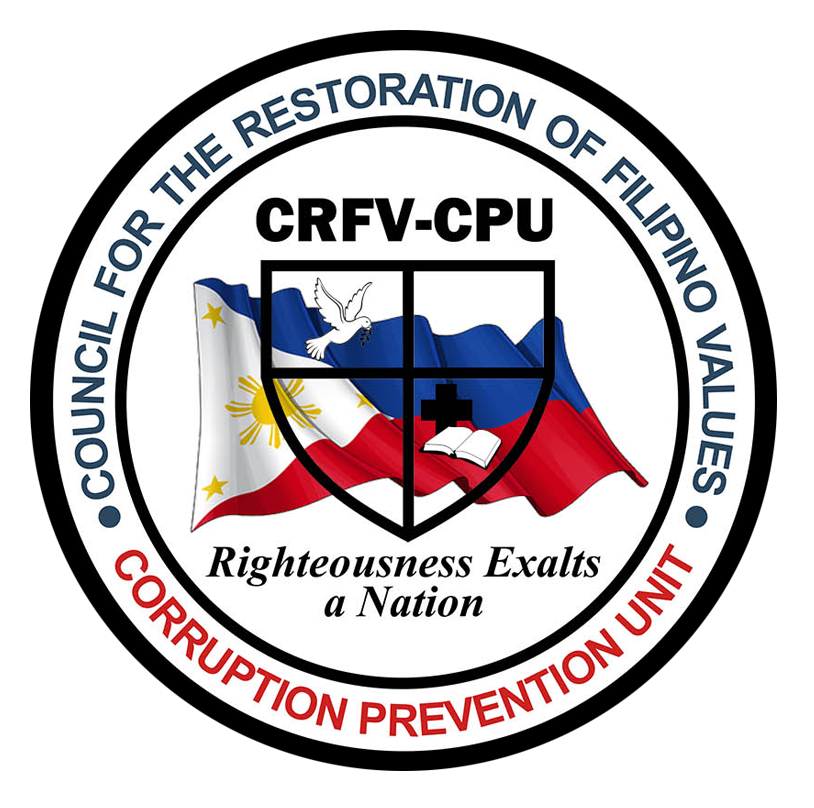|
“…Has God graciously forgiven you? Then graciously forgive one another in the depths of Christ’s love.”
Everyday we face various situations that could potentially find us in a place of getting upset, frustrated, offended, or hurt and none of us is exempted from this reality. It hits us differently depending on the severity of the action, words and the relationship one has with the offender. For instance, an insulting remark from a stranger may have a not-so-hurtful impact as compared to a comment from a trusted friend, a colleague, or family members. Most of the time, our reaction to such situation is influenced by multiple factors such as our life experiences, our view of self and the other party, our values and principles, and many more. We have tons of reasons to justify our response, which could be in the form of revenge, living with pain or ignoring it, or walk through the path of forgiveness. Getting even at the person who inflicted pain could possibly trap us in a cycle of hurt. On the other hand, trying to live with the pain or momentarily negate its existence could potentially rob us of nurturing meaningful relationships. All these lure us to be enslaved by bitterness, anger, despair and even negative thoughts. When we are in this unforgiving state, we are robbing ourselves of the love, joy and peace that nourish our wellbeing. Researches have proven that forgiveness has positive impact to mental health (e.g., reduced anxiety and depression) and physical health (e.g., reduced stress, lower mortality rate) outcomes. They noted that as an individual forgives, he or she is relieved from chronic stress, which is considered as the pivotal link between forgiveness and positive wellbeing. Further, research on interventions show that discovering empathy and compassion for the offender or the person who wronged us has a role in the process of forgiveness. With the benefits that forgiveness brings to our mental and physical health, we can then say that it matters. While it does not easily make one forget the offense nor does it nullify the wrongful act committed, forgiveness allows us to make meaning of the incident, value the lessons learned, and make wiser choices that will maintain peaceful heart and mind. Forgiveness stems out from a heart that loves and understands the kindness that God has bestowed upon us, showering us with His mercy and grace instead of punishing us from all our unrighteousness. With this we can forgive because we were forgiven first even before we asked of it. The value of forgiveness also plays an important role in the workplace other than the benefits it gives in our personal lives. It produces harmonious working relationship among the personnel that will also increase productivity. Excellent outputs are also expected because the workers are focused on their tasks. Choose the path of forgiveness now and reap the benefits in 30, 60 and a hundredfold of peace of mind and a heart that is free from any form of bitterness. (AOS, CRFV)
0 Comments
Leave a Reply. |
CRFV Winning TeamA company of men and women who have committed their lives to the cause of national transformation. Archives
July 2024
Categories
All
|
Our Services |
Our Organization |
SupportSupport Page
FAQ Terms of Use |
Copyright © 2015 | Baguio City, Philippines 2000 | 074-424-1497 | [email protected]


 RSS Feed
RSS Feed
